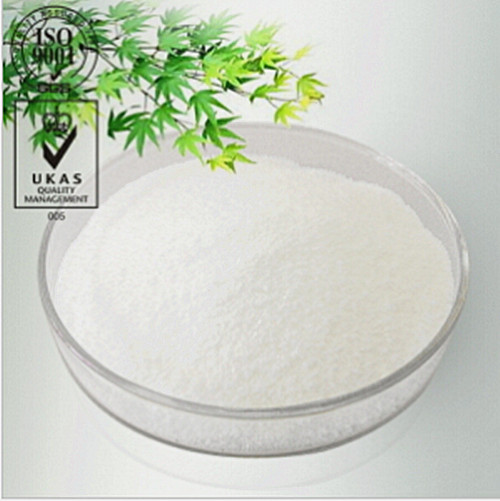86-023-13048470428
Bodybuilding Raw Nutrition Supplements Bromochloroacetic Acid/ Bcaa Cas 5589-96-8
Quick Details
Model NO.: 5589-96-8
Customized: Customized
Suitable for: Adult, Body Builders
Purity: >99%
Appearance: White Powder
MW: 173.39
Payment Terms: Western Union, Bitcoin, Money Gram, Bank Transfer
Storage: Exposure to Direct Sunlight Must Be Avoided
Transport Package: Disguised and Discreet
Certification: ISO 9001, USP, BP,
CAS: 5589-96-8
Mf: C2h2brclo2
Delivery Time: Within 8 Hours After Receiving Your Payment
Shipment Way: DHL, TNT, UPS, EMS, Hongkong Post
Trademark: CQSP
HS Code: 3001901000
Standard:Enterprise Standard
MOQ:10g
Production Capacity:5000kg/month
Shelf life:2 years
More details pls contact:Whatapp:86 13048470428
Skype/E-mail : summer at chembj.com
Product Description:
The branched-chain amino acids (BCAA) - leucine, isoleucine, and valine - are unique among amino acids in that they are primarily metabolized extrahepatically in skeletal muscle. In muscle the BCAA serve as both an important energy substrate during exercise and periods of stress, and as a precursor for the synthesis of other amino acids and proteins. 3 Initial research into BCAA focused on both their anabolic effects in particular in catabolic disease states, and on their theoretical potential for preventing encephalopathy in liver failure. Accordingly, BCAA were promoted as beneficial supplements in patients suffering from such conditions. However, a number of equivocal clinical studies have resulted in a general loss of interest in BCAA as a nutritional supplement.
The BCAA exert significant influences on glutamine metabolism. Glutamine is recognized as an important nutrient to many rapidly dividing cells in the body, especially in the gut and the immune system. Hence, conventional parenteral or enteral diets that are deficient in glutamine (because of its instability in solution) are associated with gut atrophy and immune deficiency. Enriching parenteral nutrition with glutamine serves to partially reverse this gut atrophy. The infusion of BCAA enriched parenteral nutrition has been found to have similar effects on the gut and is most likely serving to increase endogenous synthesis of glutamine. Nonetheless, the practical application of this knowledge has never been achieved.
There is likely still to be a role for BCAA in the nutritional management of patients with catabolic disease states. This is especially so as the management of such patients is approached with combinations of both anabolic agents and specific nutrients (e.g. glutamine, arginine, BCAA). This review aims to cover our current understanding of the biochemistry of BCAA, and their clinical utility in various pathological states.
Application:
On the role of health supplements in fitness,We don't care before, But when we useing a month we will be exciting because of the effect,Successful fitness need hard exercise but also scientific diet and important nutrition supplement.
In recent years, branched-chain amino acid supplements have come back into vogue in the bodybuilding and fitness community, and with good reason. There's more research that supports the use of BCAAs than most other supplements on the market. While BCAA supplementation may be useful for gaining mass, I believe BCAAs are especially helpful for maintaining muscle mass while on a calorie-deficit diet. They're particularly useful for bodybuilding competitors who take their physiques to the lean extreme.
It's well established that branched-chain amino acids (particularly leucine) stimulate protein synthesis, and might do so to a greater extent than a normal protein on its own. BCAAs also increase synthesis of the cellular machinery responsible for carrying out the process of protein synthesis. Thus, BCAAs not only increase the rate of protein synthesis, but they also increase the cell's capacity for protein synthesis! Yep, you read that right.
BCAA also work in your favor by reducing the rate of protein breakdown. They do this (primarily) by decreasing the activity of the components of the protein breakdown pathway, and also by decreasing the expression of several complexes involved in protein breakdown. (In this case, they decrease the amount of mRNA produced from the gene that codes for these components.)
